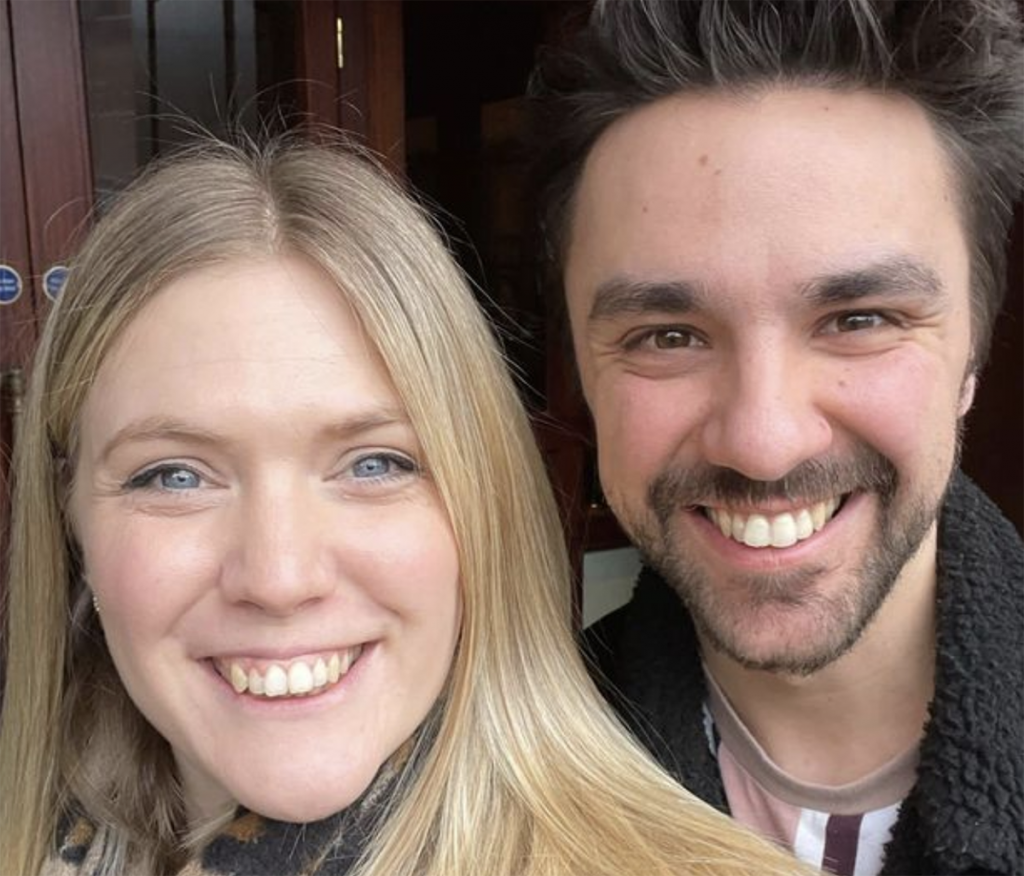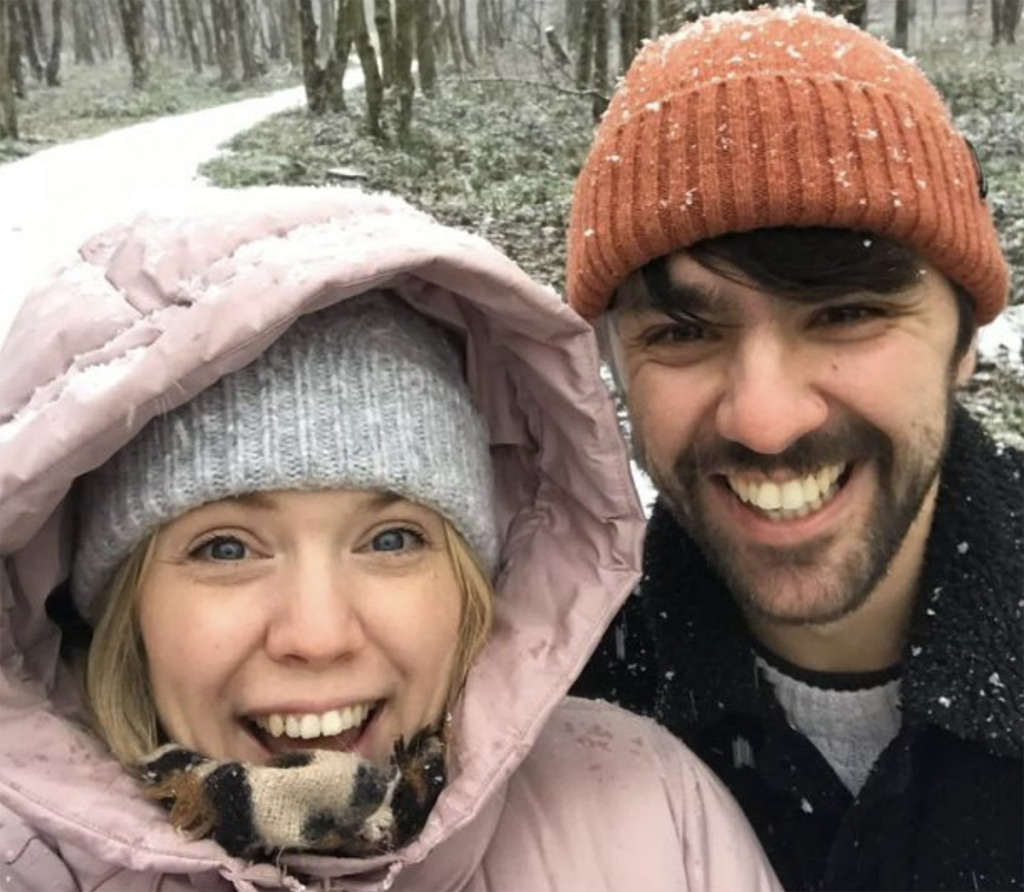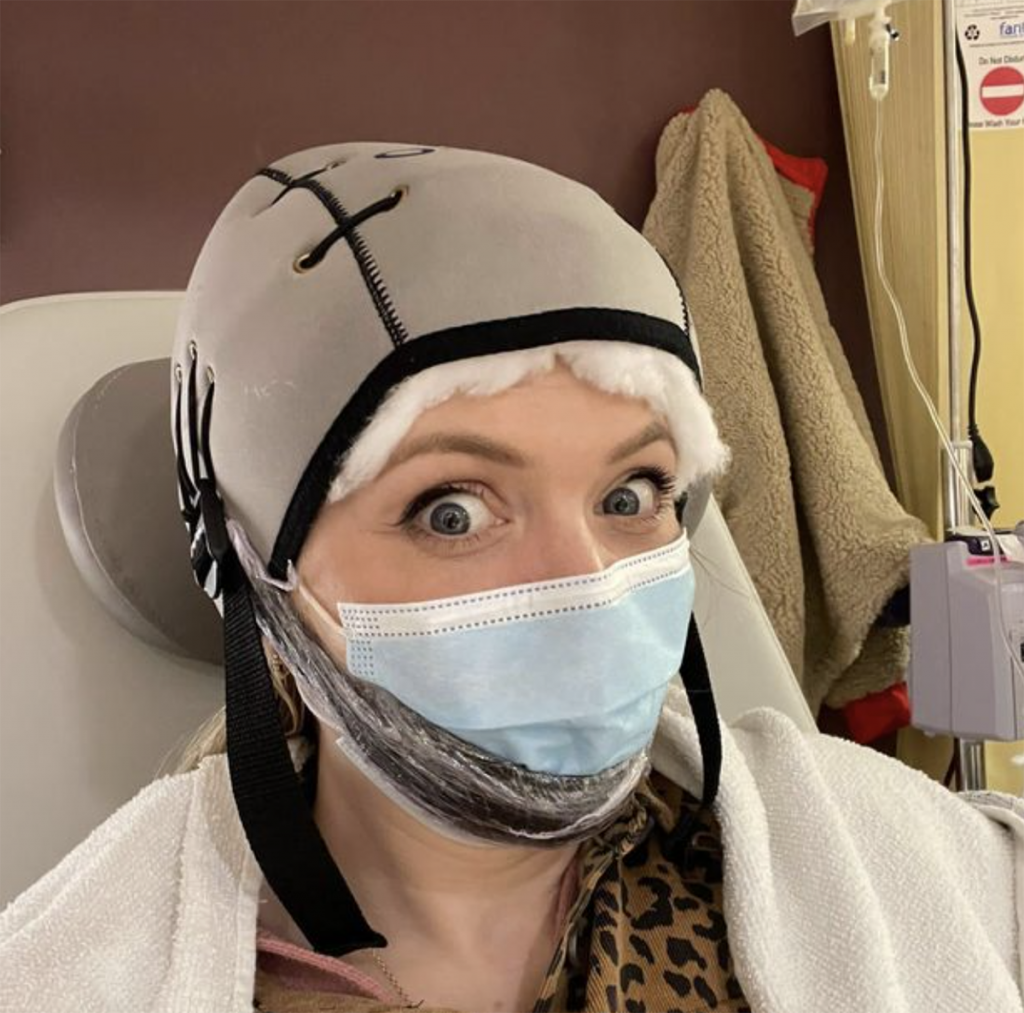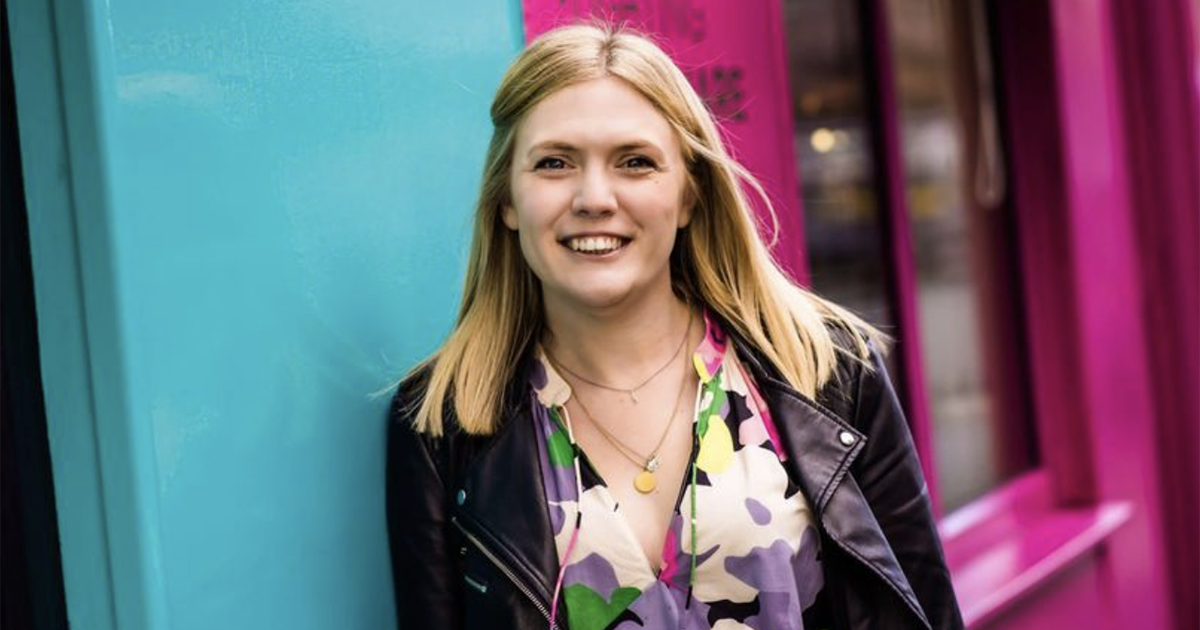Breast Cancer in Women Younger than 45
- A young mother from England was diagnosed with breast cancer at just 33 years old after she began experiencing "strange" symptoms that were written off as hormonal changes.
- Laura Franklin is sharing her story to inform younger women that they too can get breast cancer, and it's vitally important they listen to their bodies when something doesn't feel right.
- The CDC reports that breast cancer mostly occurs among older women, but it's possible for women under the age of 45 to be diagnosed with this type of cancer.
- In some ways, a diagnosis for a younger woman can often be even more devastating. This is because the cancer is likely to be a more aggressive form of the disease and also at an advanced stage, as screening for younger women is not standard.
Now, Laura Franklin is sharing her story to inform younger women that they too can get breast cancer, and it's vitally important they listen to their bodies when something doesn't feel right, just like she did.
Read More
The night before her breast clinic appointment, she felt a lump in her right breast, something that wasn't there before.
Once at the clinic in October 2021, she had a biopsy and an ultrasound, which revealed her worst fear: she had breast cancer. The tumor she felt the week prior was a 9 millimeter malignant tumor. Further biopsies revealed she had cancer in her lymph nodes as well.
"Me and my husband (Jake) were both just a bit shell-shocked," she said. "Even though I did feel there was something wrong, it was still a massive shock to be told those words."

Laura had breast cancer surgery to remove the lump and some surrounding lymph nodes earlier this year, followed by fertility treatment, which she said took a "massive weight off her mind." The fertility treatment was done in order to give her and Jake, 35, the "best chance" at growing their family in the future. (More on that later.)'
However, since there was cancer found in Laura's lymph nodes, she was told she also needed chemotherapy.
"When they said it's going to be chemotherapy, it felt like I had been diagnosed all over again," she said. "Surgery is something that lots of people go through, but having chemotherapy is something that only people with cancer have. That was really scary."

In March, Laura began the first of her six chemotherapy rounds. She will have them every three weeks until she's done. Then, she'll have target radiation treatment on her breast and lymph nodes to ensure the cancer is in fact gone.
In addition to raising breast cancer awareness by sharing her story, Laura is also raising money for CoppaFeel!, an England-based charity that promotes early detection of breast cancer by encouraging women under age 30 to regularly check their breasts. Laura’s fundraising page can be found here.
Breast Cancer in Women Younger than 45
While Laura lives in the United Kingdom, breast cancer is the most common cancer among women in the United States, according to the U.S. Centers for Disease Control and Prevention.
The CDC also reports that breast cancer mostly occurs among older women, but it's definitely possible for women under the age of 45 like Laura to be diagnosed with this type of cancer. In fact, about 9% of all new breast cancer cases in the U.S. are found in women younger than 45.
Aggressive Breast Cancer in Young Women
But in some ways, a diagnosis for a younger woman can often be even more devastating, Dr. Ann Partridge, an oncologist at Dana-Farber Cancer Institute in Boston, told SurvivorNet in a previous interview.
This is because the cancer is likely to be a more aggressive form of the disease and also at an advanced stage, as screening for younger women is not standard. (It should be noted that the stage and type of Laura's breast cancer is unknown.)
How Cancer Treatment Can Affect Fertility
Chemotherapy is a common breast cancer treatment, and some types of chemotherapy can destroy eggs in a woman's ovaries. This can make it impossible or difficult to get pregnant later on. Whether or not chemotherapy makes you infertile depends on the type of drug and the woman's age, since egg supply decreases with age.
"The risk is greater the older you are," Dr. Jaime Knopman, a board-certified reproductive endocrinologist with years of experience treating couples and individuals experiencing infertility, previously told SurvivorNet.
"If you're 39 and you get chemo that's toxic to the ovaries, it's most likely to make you menopausal," she added. "But, if you're 29, your ovaries may recover because they have a higher baseline supply." While Laura is still on the younger side 33 years old she went ahead with fertility treatment to ensure her chances of growing her family in the future.
Radiation to the pelvis can destroy eggs; it can damage the uterus, too. Surgery on a woman's ovaries or uterus can hurt fertility, as well.
If you are having a treatment that includes infertility as a possible side effect, your doctor will not be able to tell you for sure whether you will have this side effect. That is why you should discuss your options for fertility preservation before starting treatment.
Freezing Eggs or Embryos: What Should I Do?
Research shows that women who have fertility preservation prior to breast cancer treatment, in particular, are more than twice as likely to give birth after treatment than those who do not take fertility-preserving measures, such as freezing eggs or embryos.
When freezing eggs or embryos is not an option, doctors may try these less common approaches:
- Ovarian tissue freezing, an experimental approach for girls who have not yet reached puberty and do not have mature eggs, or for women who must begin treatment right away and do not have time to harvest eggs.
- Ovarian suppression to prevent the eggs from maturing so that they cannot be damaged during treatment.
- Ovarian transposition, for women getting radiation to the pelvis, to move the ovaries out of the line of treatment.
Learn more about SurvivorNet's rigorous medical review process.

